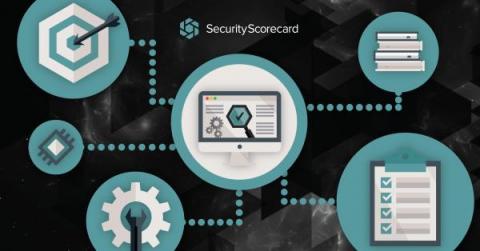What You Should Know About Web Shell Attacks
In a blog post published in February 2021, Microsoft noted that web shell attacks had been steadily increasing since mid-2020. There were 140,000 monthly web shell attacks from August 2020 to January 2021, more than twice the average from 2020. The increasing prevalence of these attacks has a simple reason: web shell attacks are easy to author and launch. So, what are web shell attacks? Why should organizations be more aware of them?






